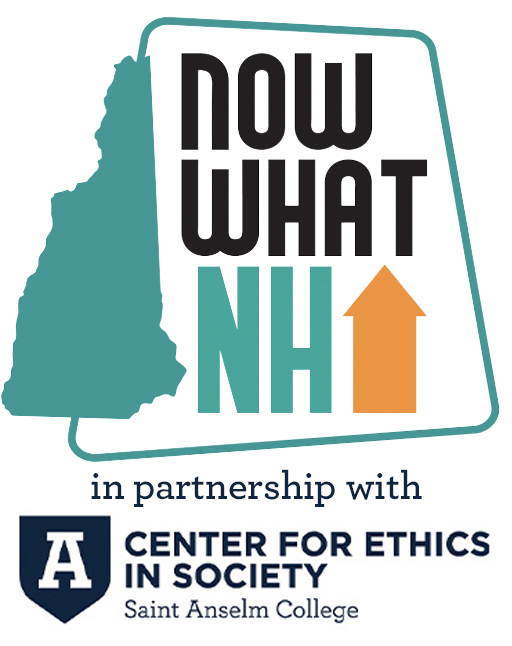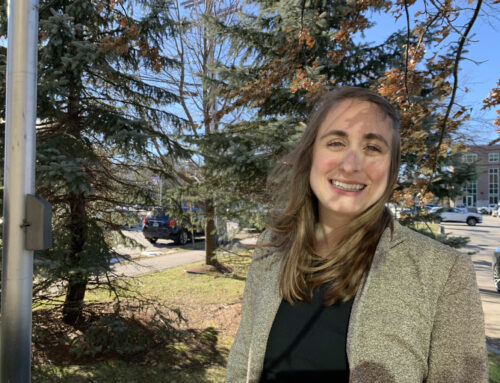By Michael Cousineau Union Leader Staff Dec 11, 2022 Updated Dec 13, 2022
A push is on to make zoning and planning boards more diverse, bringing on renters and younger people to serve in an effort to improve the state’s current housing shortage.
“This is about bringing in new voices,” said Nick Taylor, executive director of the Workforce Housing Coalition of the Greater Seacoast.
Taylor helped outline what was dubbed as NowWhatNH at the fifth annual Housing We Need Stakeholder Forum at the New Hampshire Institute of Politics on Friday.
Very few renters and first-time homebuyers serve on local housing and zoning boards.
“The vast majority of our land use boards are the people that have purchased their home, maybe they have paid off their mortgage, and they haven’t been in the housing market recently,” Taylor told about 90 attendees at the form, hosted by the Center for Ethics in Society at Saint Anselm College.
“That doesn’t mean that they’re acting necessarily out of ill will or saying we don’t want the next group to come along, but it’s just a different lived perspective that is really important when you’re making these tough decisions,” Taylor said.
Molly Lunn Owen, who also explained the project, serves on her local board.
“I’m the only woman, and the only renter on the Manchester Planning Board, and we don’t have any individuals of color,” said Owen, who’s also executive director of 603 Forward, a nonprofit that helps young people run for office.
Owen said she and her husband have been saving for a house for a decade “and still can’t buy a house despite dual incomes.”
NowWhatNH, a coalition of educators, housing industry experts, planners, and community leaders, found 45% of planning boards in New Hampshire recently had at least one vacancy while more than half of the state’s zoning boards had at least one chair empty.
That “means less voices involved in each decision,” said Sarah Marchant, chief of staff at the New Hampshire Community Loan Fund.
Organizers view it as a chance to form a pipeline to encourage and train new board members.
A brainstorming session turned up many barriers that keep people from joining boards.
“The good news is they’re on cable TV now for transparency,” said attendee Jay Childs.
“The bad news is they look incredibly boring and you hit that (channel) clicker and it’s three hours and 24 minutes (long) and it turns people off,” said Childs, who made a documentary called “Communities and Consequences II: Rebalancing New Hampshire’s Human Ecology,” which shared stories of people working together to create vibrant and welcoming places.
Several people cited other barriers, including neighbors confronting members in the supermarket over an unpopular decision and being intimidated by rules or orders and complicated regulations.
The session also included asking for ways to recruit new members.
Attendee William Maddocks of Amherst said the state’s racial demographics are changing and perhaps providing language translation would spark interest.
“Maybe our planning boards and zoning boards can kind of look more like the future than the past,” Maddocks said.
North Sturtevant of Portsmouth, who has served on nonprofit boards, said organizers need to sell the importance of such boards to their hometowns.
“What does that mean for a community? The trees on the street, the playground, the dog park,” Sturtevant said. “Those are great stories and they really enrich that sense of service and giving back in the community.”
Another group brainstorming suggested getting children as young as third-graders or members of the Boy Scouts and Girl Scouts to attend meetings in hopes of sparking a later interest to serve.
“Get them to come to these meetings. I know it’s past their bedtimes,” said Ben Frost, chief legal officer and deputy executive director at New Hampshire Housing. “There’s got to be a merit badge for planning board.”


